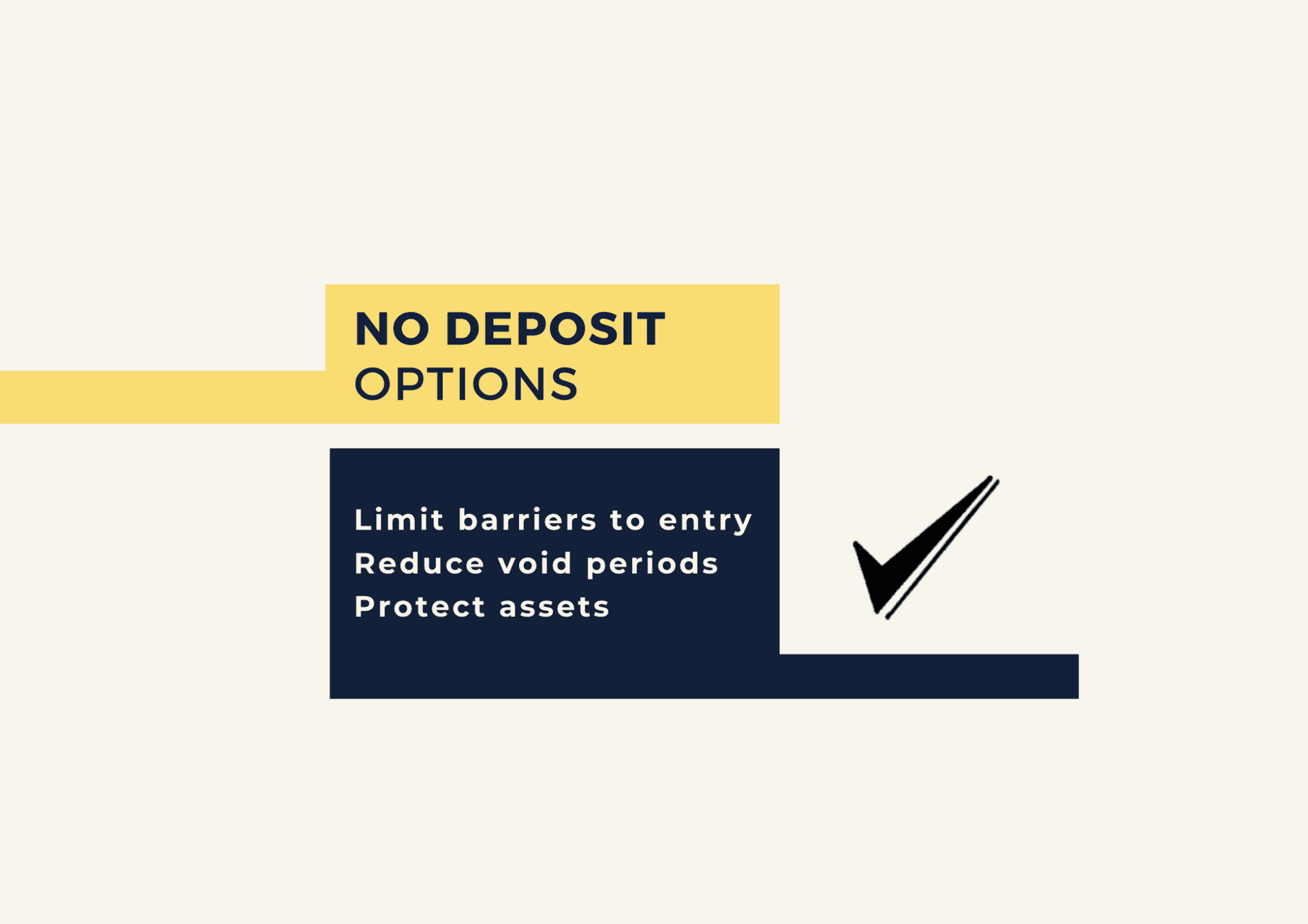Share
In 2008, Energy Performance Certificates (EPCs) became a legal requirement for all sellers, buyers and landlords in England, Wales and Northern Ireland. So before new tenants move into your rental property in London, you’ll need to supply an EPC to help your tenants forecast and budget for bills.
Landlords are required to have an EPC rating of E or above before new tenants move into the property or an existing tenancy agreement is renewed. Landlords who fail to provide an EPC or a satisfactory rating, can be fined up to £5,000.
What is an Energy Performance Certificate (EPC)?
An EPC is a document which sets out the energy efficiency of a property on a traffic light system. EPCs provide 2 grades:
- A letter grade between A and G, with A being the most efficient. The average UK household rating is D, with higher ratings seen in newer homes.
- A number grade between 1 and 100. This score will show you the properties current rating vs potential rating if energy efficiency measures were completed.
An EPC must be carried out by an accredited domestic energy assessor, and provides an estimate of costs for the property. The later sections include a list of recommendations to make the property more energy efficient, and associated installation costs.

Do I already have an EPC?
Most properties will already have an EPC document, and will have been provided to you in the solicitors conveyancing pack, when you bought the property. EPC’s last for 10 years. After 10 years, an accredited domestic energy assessor will be required to carry out a new assessment.
If you are unsure of the status of your EPC for your property, you can easily find out on the government register. If your EPC is valid, you’ll be able to download the certificate for your records.
How to improve my EPC score
The latter parts of an EPC document will list ways to improve your energy efficiency rating that are bespoke to your property.
Common recommendations include:
- improving the floor, roof, loft or walls insulation
- installing double glazing
- Installing solar panels
- Using low-energy lighting
Are any changes to EPC rules expected?
The UK Government is currently in the process of renewing the legal requirements for EPC’s, with tighter measures for landlords expected in the coming years. The new regulations, proposed to start in 2025, involves changing the minimum EPC rating for rental accommodation from band E to band C. This comes as part of the UK Government’s wider strategy to reduce its contribution to global warming by 2050.
Whilst this proposed change inevitably means greater costs for landlords, the wider benefits on reducing carbon emissions from the UK rental sector will be evident. Plus, there is already a rise of eco-friendly tenants who are prepared to pay higher rental fees, in order to reduce their carbon footprint and monthly bills.
The government has recently introduced the ‘Green Homes Grant’ helping homeowners and landlords with the costs of making energy efficiency improvements to their homes. The vouchers provided will cover two-thirds of the cost of eligible improvements, up to a maximum government contribution of £5,000.
How can City Relay help?
Letting your home is a great way to secure additional income, but it also comes with its challenges and stresses. This is where City Relay can help. We are proud to be London’s most trusted property management agency, offering an all-in-one service to our landlords including contract negotiations, protecting deposits, and compliance to all regulations – so you know as a landlord that you are always covered from every aspect. Find out more about our services and pricing or contact us now to find out how we can help you manage your property.













